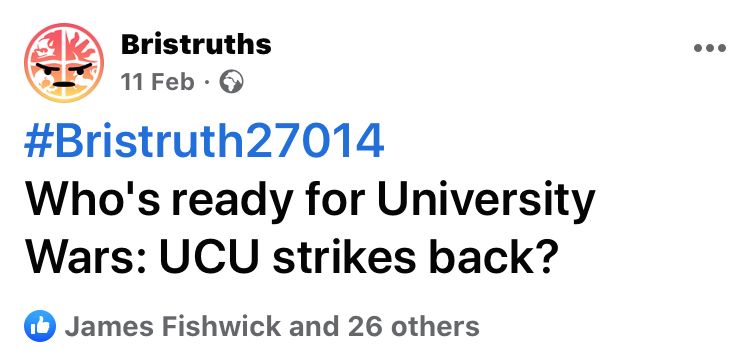By Robin Ireland, First year, English
The University’s plans to extend teaching hours to as late as 8pm has prompted a range of reactions. Some had concerns for the impact on work and socialising, whilst others believe that this new form of student life will act to boost wellbeing.
It is undeniable that these changes will significantly shift student life, especially for the incoming freshers. However, it is also important to remember the increased strain that has been placed upon staff and the pressure that will continue throughout the new academic year – and many years after.
Whilst the extended teaching hours are a newly implemented policy, working at the University has never been a 9 to 5 job. Staff often go above and beyond their contractual hours to help struggling students – think back to that lifesaving email your tutor sent mid-headache-inducing essay.

In addition to extra responsibilities on campus, many have young children. Childcare doesn’t come cheap and this challenge has been exacerbated by the effects of the pandemic. Some nurseries even required that parents continue to pay a full or reduced fee to retain their child’s place during lockdown closures.
As a result of the University’s decision to extend teaching hours, staff may find it difficult to find consistent and affordable childcare for the late hours required. Beyond the financial strain of paying for extra childcare of course, there is the emotive cost of losing valuable time with their children.
It is a known fact that for quite some time now, Universities have begun to function more and more like businesses and job security in the academic world has become a pressing issue. According to the University and College Union, 46% of universities employ staff using zero hours contracts, also referred to as casual contracts.
Zero hours contracts mean that employees are paid for the hours that they work but these hours are not guaranteed and may fluctuate. Arguably, this allows for flexibility in employment. The reality is that this puts those members of staff in an extremely precarious position in terms of job security.
It is important to remember the increased strain that has been placed upon staff and the pressure that will continue throughout the new academic year
Government guidance on the use of zero hours contracts stresses that ‘they should not be considered as an alternative to proper business planning and should not be used as a permanent arrangement if it is not justifiable’.
Therefore, perhaps the time has come to finally to ask our Universities if it is indeed justifiable to continue doing this. But must it take a pandemic for the economic security of staff to be taken seriously?
Action is being taken to change this. According to the University's 2019 financial statement they are ‘committed to reducing casual contracts where it can and to reducing unacceptable workload’.
Members of the University’s UCU branch are working hard to negotiate – but this begs the question of how and why staff pay and financial security are still matters that are negotiable in 2020. Surely, staff deserve respect and financial security.
Worth repeating. Campus unions at Bristol
— Bristol UCU (@Bristol_UCU) July 27, 2020
(#UCU, #Unite and #Unison) see 0 case for extending the teaching day to 8pm on Mon, Tues + Thurs in TB1 20/21. Such a move would further erode @Bristol_UCU members’ t's & c's + would contribute deleteriously to soaring staff workloads pic.twitter.com/4ZoShftuVQ
Despite promises to reduce casual contracts, 84 members of staff employed on temporary and short-term contracts at Bristol were dismissed during the pandemic.
There is a question of whether, if faced with murky job prospects, academics will pursue teaching roles at Universities – and what this will mean for the students enrolled in higher education.
If unable to find secure employment, some may have no choice but to leave the sector entirely. Those who choose to stay despite not having a reliable contract, are rewarded with an expectation of work not reflected by the instability of their contracts.
The uncertainty of job prospects may also act as a deterrent for current students who are considering entering academia, causing larger issues in the future.
Bristol Uni to extend teaching hours to 8pm on Mondays, Tuesdays and Thursdays
Opinion | Allowing teaching to run until 8pm will have serious consequences for student life
We are yet to see how staff will be affected by changes to their hours or the larger challenges faced as the learning environment becomes a blended one, but it is important that they are treated fairly.
The University prides itself on being a provider of world-class teaching. Unfortunately, this can only be sustainably maintained through the secure employment of teaching staff.
As students, we are seen to be the ‘customers’ because we pay our tuition fees. We should therefore be holding the University accountable.
Featured: Lucy O'Neill / Epigram
Are you concerned by the impact of extended teaching hours on staff and academics?









